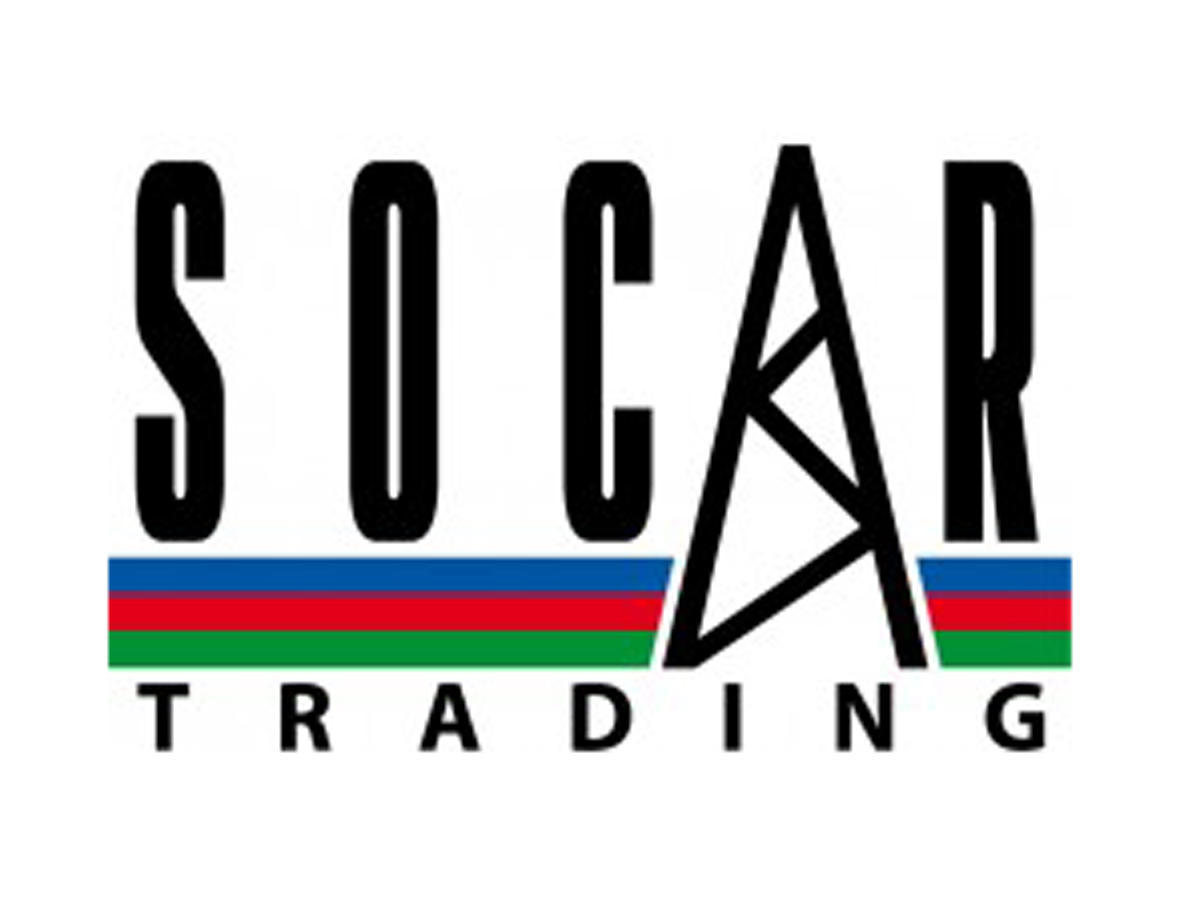SOCAR Trading eyes to agree new deals for LNG projects

By Trend
SOCAR Trading SA, the marketing arm of Azerbaijan’s state oil
company SOCAR, can focus on working with partners in mostly
developing countries to help satisfy their power generation needs
through LNG (liquefied natural gas) and linked power stations, Arzu
Azimov, director general at SOCAR Trading SA, said in an interview
with Platts.
SOCAR Trading SA, which this year commissioned the ambitious
integrated LNG-to-power project in Malta, expects to agree deals
for similar projects elsewhere in the world in the coming years, he
said.
“Our strategy was based on the idea that the market was getting
long on LNG sooner than expected,” Azimov said. “So one opportunity
was to create a consuming project for LNG. We see ourselves as
pioneering in this field.”
The integrated LNG-to-power project in Malta could be a model for
the future, Azimov said, especially in growing economies in Africa
and Asia.
ElectroGas Malta Consortium, where SOCAR is represented with a
20-percent share by its marketing arm SOCAR Trading, was chosen to
implement the gas power plant construction project in Malta.
SOCAR Trading also participates in the project as a supplier of
liquefied natural gas (LNG), floating installation for storing the
LNG, and equipment for LNG processing.
The plant’s construction costs 175 million euros and its capacity
will allow meeting up to 50 percent of Malta’s electricity
demand.
“We are prepared to look at any location - we do all the necessary
due diligence and look for partners looking to build or modernize a
power plant,” Azimov said. “The Malta project was very complex with
a lot of technological innovation. We learned a lot in that
process.”
Different projects in different countries will need different
solutions, he added.
“Some are willing to agree to a fully integrated project, with
power station and LNG offtake contract and guaranteed supply,” he
noted. “In some areas there are existing power plants, but not
enough gas. We can source LNG for them. We are competitive and we
are flexible,” Azimov said.
“We are not hostage to our own production - we can always take the
cheapest LNG available on the market at any given time,” he
added.
Azimov pointed to the start of US LNG exports as a key turning
point for the industry - the ability to source flexible, cheap gas
quickly.
With an “attractive” market set to stay in place for the
foreseeable future, Azimov said there could be more project
announcements in 2017.
“It depends how focused our partners are to complete their
projects,” he noted.
Azimov added that SOCAR Trading was essentially open to offers when
it comes to future LNG-to-power projects.
“We would look at LNG and gas-fired power generation projects in
places isolated from any existing grid or pipeline supply -
islands, or places with very regionalized consumption,” he
said.
“Greener power supply is becoming a priority in developing
countries so countries that are short on power are falling under
our strategy,” he noted.
Azimov said most LNG suppliers have their own production that is
mostly tied up in long-term contracts.
“They have to balance their own LNG production with their own term
supply deals and find homes for any excess LNG,” he said. “But we
are flexible and as such we will always be competitive.”
In Cote d’Ivoire, SOCAR Trading is part of a consortium that won a
tender to operate an LNG-to-power project, Azimov noted.
“Other projects are currently at different stages of development -
either with an MoU (Memorandum of Understanding) being prepared,
due diligence being carried out or bilateral talks ongoing,” he
said.
Azimov added that SOCAR Trading has no ambition to be a pure LNG
trader.
“We don’t see the benefit in pure LNG trading - we don’t have our
own supply and we don’t have customers we have to supply,” Azimov
said.
“SOCAR is neither a producer nor a consumer of LNG, so trading
LNG was not our priority.”
He noted that LNG spot trading was on the increase, a trend that is
likely to continue.
“More and more term contracts are expiring and customers are not
extending them, so the share of spot trading has grown and will
continue to grow,” he said. “This is driven by the increased
availability of LNG,
especially with the US volumes coming to market.” He added that
technology was advancing quickly, allowing more LNG buyers to
source import facilities.
“There are more carriers, more market participants, so more
liquidity,” Azimov said. “There are new buyers - the likes of
Pakistan, Egypt, Kuwait and Jordan - building up their consumption
of LNG.”
---
Follow us on Twitter @AzerNewsAz
